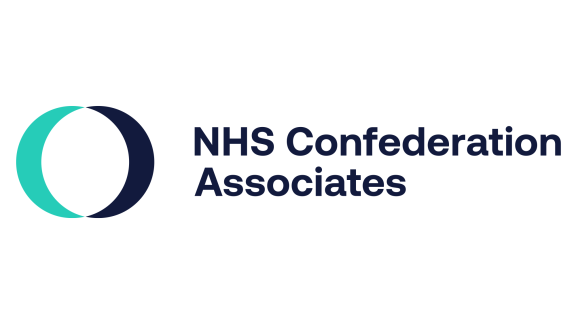NHS Confederation responds to IPPR research on accessing healthcare

Responding to the Institute for Public Policy Research's new research on access to healthcare, Matthew Taylor, chief executive of NHS Confederation said:
“As it enters its 76th year, the NHS continues to deliver for patients, all while facing many intense challenges. Leaders and staff can be proud of what they continue to achieve.
“Over 28 million GP appointments were delivered in May, the number of patients waiting more than 18 months for care is down by more than 90% from September 2021, and double the number of patients are receiving potentially lifesaving NHS cancer checks than a decade ago. Also, we know that a record number of diagnostic tests and checks were delivered in March, and the 2-year waiting list for elective care has been ‘virtually cleared’.
“The NHS has been held back from delivering even more by having too few staff, inadequate social care provision, and a lack of capital investment. This survey from the IPPR which finds that a third of British adults are struggling to access healthcare services, bears out the consequences of this. It is clear that demand has long outstripped supply.
“With the NHS long-term workforce plan, we hope this will begin to change, and leaders have already been working hard to improve access to care to accommodate extra demand. But progress may be slow for some time and limited without wider resource for social care, NHS facilities and building repairs.
“The economic case for investment is inarguable. Not only does every £1 of NHS investment result in a £4 return for the economy but can help prevent patients facing potentially ruinous financial insecurity, by helping them access care faster.
“And prevention should be the name of the game in the long run, as well as identifying and tackling the drivers for ill health. Keeping people out of hospital and living healthier lives will save money, reduce pressure on services, be better for population health, and improve the prosperity of individuals.”



